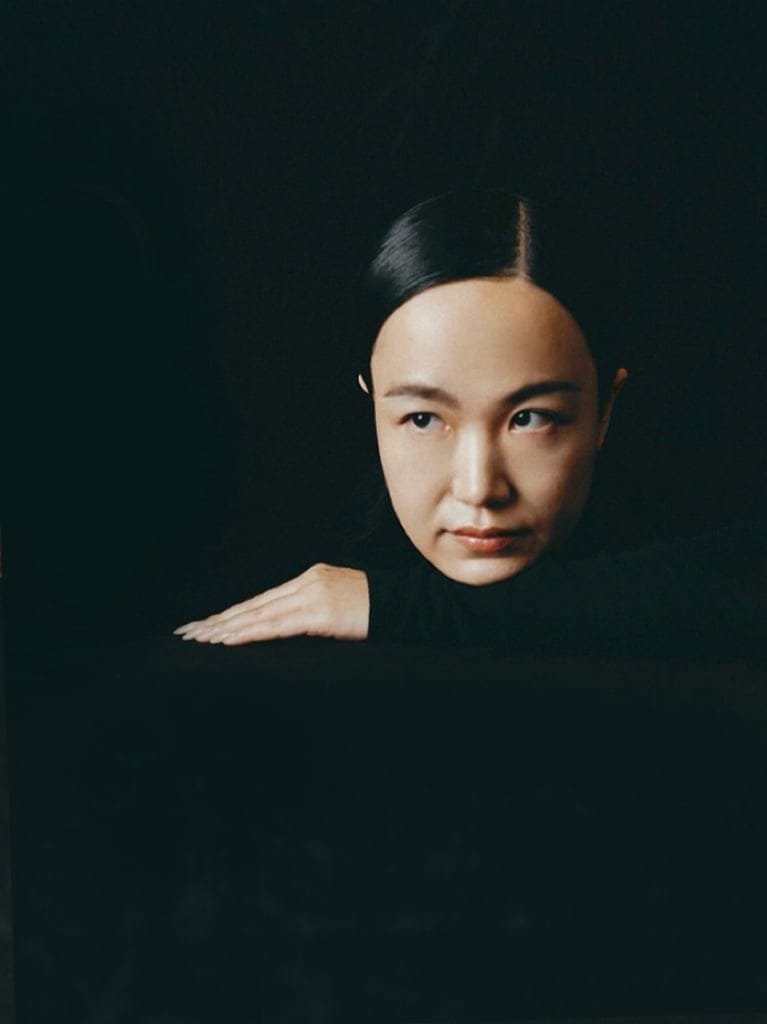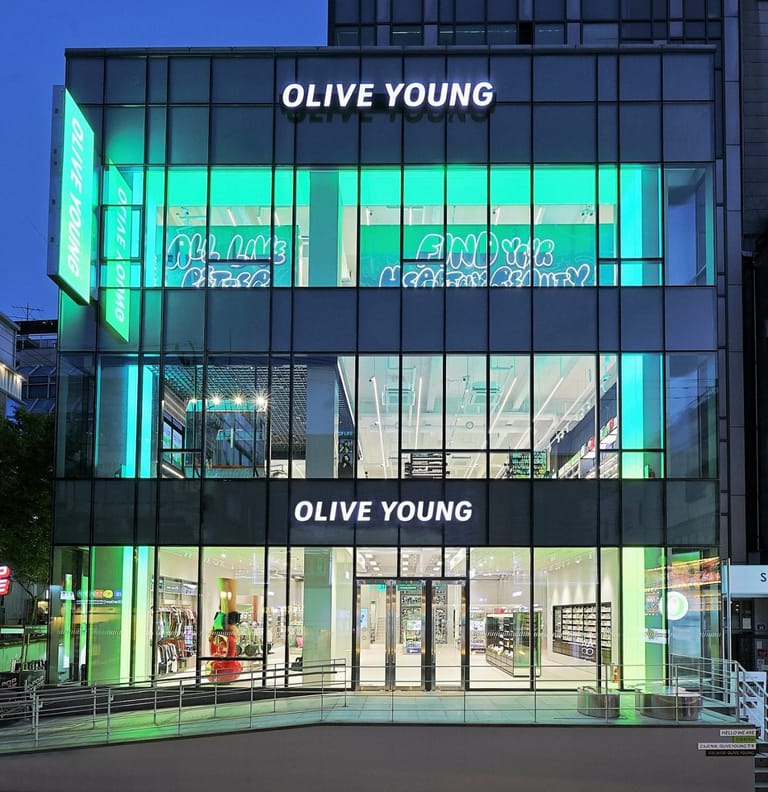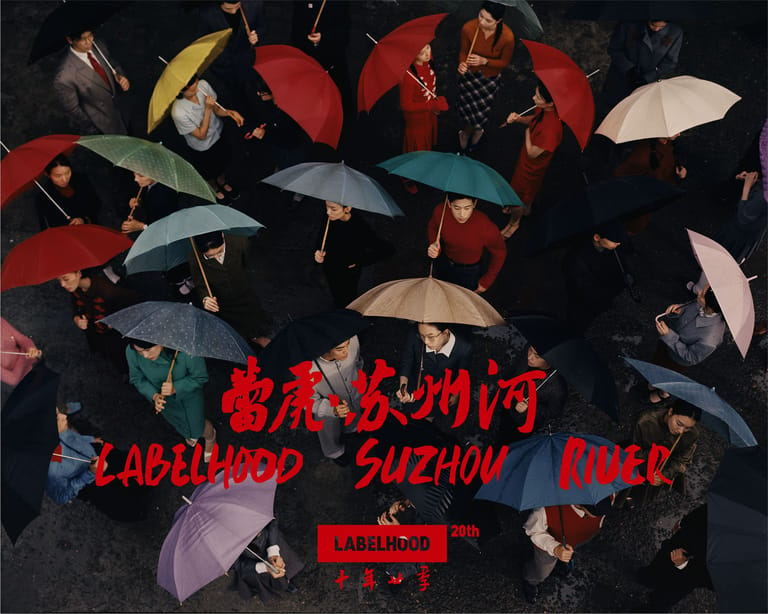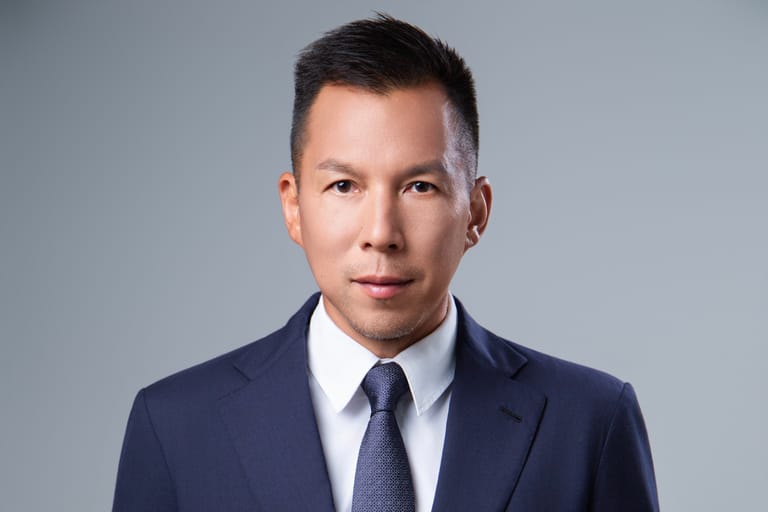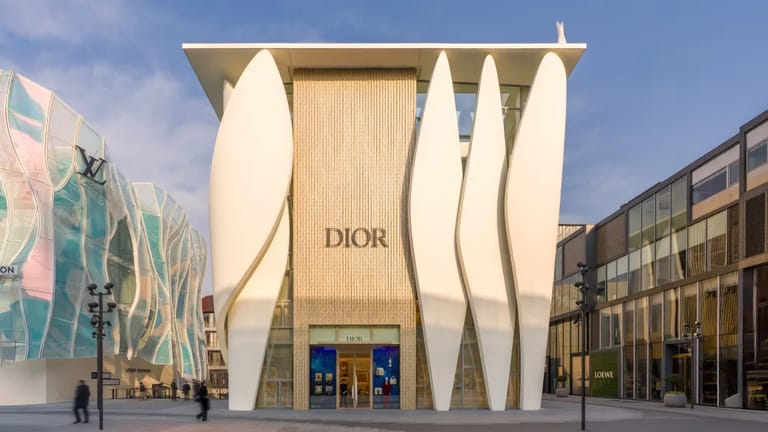Monday Briefing: Lululemon, Dior, Swire: China Strategies Accelerate
By
Wenzhuo Wu
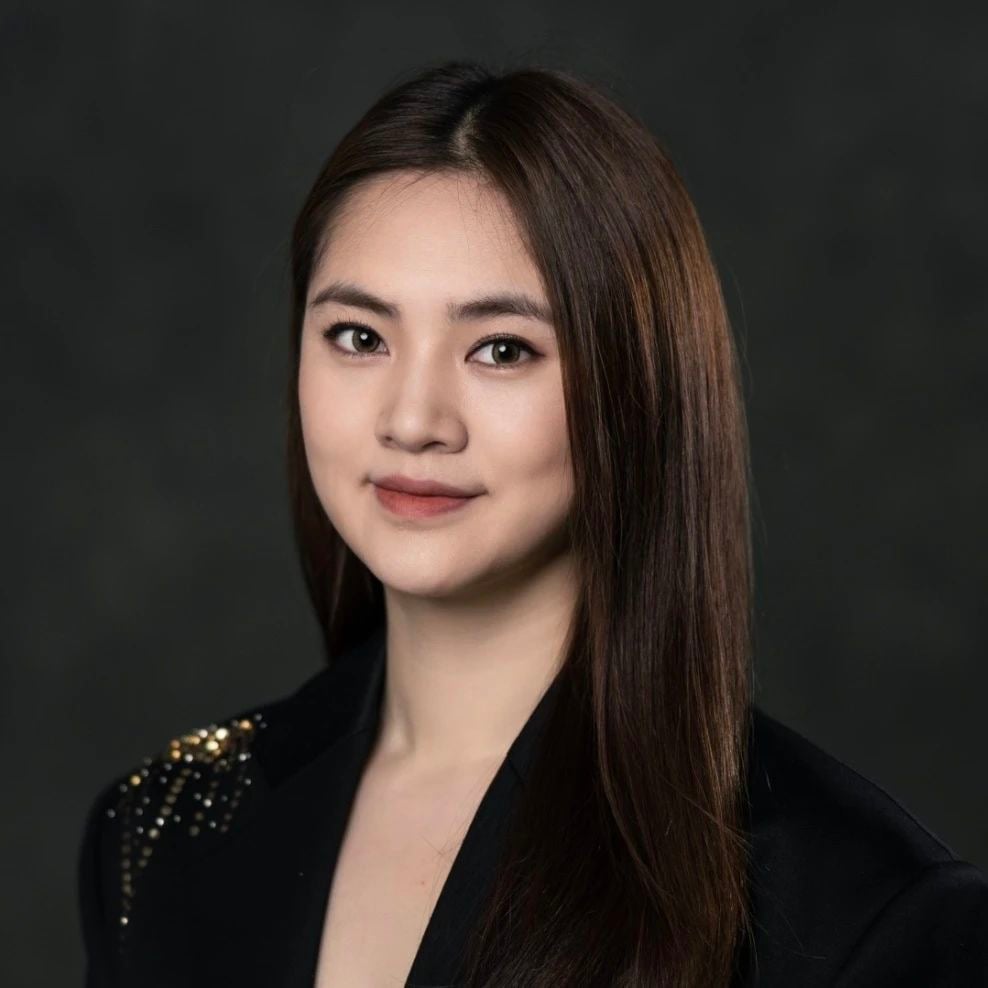
Published on
June 9, 2025

Start your week with sharp analysis and fresh insights into China’s latest cultural, luxury, and consumer trends. Monday Briefing connects the dots between local shifts and global repercussions, highlighting relevance to the luxury market, business strategies, and modern lifestyle trends shaping our world today.
Three strategic developments from last week signal deepening commitments to China across fashion, wellness, and real estate.
Lululemon’s latest earnings report underscores the brand’s growing reliance on its Chinese customer base for international momentum. Dior’s creative reshuffle positions the maison for narrative consolidation at a global level, with implications for how luxury storytelling translates across lines. Meanwhile, Swire Properties sets the stage for an ambitious decade-long expansion, backed by a reorganization of its leadership in China.
These updates offer a compelling lens into how global players are shaping their futures in response to China’s evolving consumer and cultural landscape.
Lululemon’s China Momentum Outpaces Global Growth
Lululemon reported a solid first quarter for fiscal 2025, with global net revenue rising 7 percent year-on-year to $2.4 billion. Yet the most telling growth came from abroad. International markets surged 19 percent, with Mainland China standing out at 21 percent in reported terms and 22 percent on a constant currency basis.
CEO Calvin McDonald attributed the performance to both product-market fit (a combination of functionality with aspirational design) and deeper brand-consumer connections built through community-based initiatives. He highlighted the 10-year anniversary of the Align™ line as a case in point, with the staging of the largest community activation to date in Beijing and China, attracting over 5,000 participants to a branded yoga experience. More than a product push, it was a cultural event aligned with the brand’s lifestyle proposition. McDonald also noted robust engagement from both new and existing customers, suggesting a brand resonance beyond mere trend cycles.
Dior Bets on Creative Unity with Jonathan Anderson
In a landmark appointment, Jonathan Anderson has been named creative director of Dior womenswear, placing the entire spectrum of Dior fashion, including menswear and haute couture, under a single creative vision. This marks only the second time in Dior’s 79-year history that one designer will oversee all three major divisions. Anderson, known for reinvigorating Loewe with conceptual rigor and sharp branding, will now helm ten collections per year at Dior, including his first for haute couture. His debut menswear show is scheduled for June 27.

The appointment is widely viewed as a strategic move by CEO Delphine Arnault to unify Dior’s creative output, aligning with her “One Dior” strategy that seeks to present a uniform identity across fashion, fragrance, and beauty. Yet the decision isn’t without operational challenges: Anderson must swiftly acclimate to Dior’s couture ateliers, ready-to-wear production, and the vastly different pacing and craftsmanship demands of each collection. The industry will be watching closely to see whether a singular creative voice can maintain balance across an incredibly broad canvas,particularly in a market like China, where brand storytelling is scrutinized across every touchpoint.
Swire Properties Scales Up its China Commitment
Swire Properties announced plans to allocate HK$50 billion (half of its total HK$100 billion investment plan) toward Mainland China by 2032, aiming to double its current gross floor area in the region. This long-term commitment coincides with a recalibration of its leadership structure in key mainland cities.
Max Yu, formerly with Taikoo Li Sanlitun, has been appointed General Manager for new Mainland retail projects; Molly Wu, head of Taikoo Li Chengdu, has been promoted to oversee all retail operations in Mainland China while retaining her current portfolio; and Joanna Ku, who led operations at Taikoo Li Qiantan, will now take charge of retail for Shanghai Pudong. The internal promotions reflect Swire’s belief that talent continuity is key to scaling brand-focused urban experiences. As China’s luxury consumers increasingly expect more from physical retail, such as cultural programming, curated tenant mixes, and localized design, Swire appears poised to double down on experiential development, not just real estate metrics.
The Bottom Line
Each of these players is betting on depth over breadth, with efforts that fuse operational execution and brand narrative. For brands and developers alike, sustained resonance in China will depend not on scale alone, but on the ability to translate a global vision into localized and meaningful engagement.
Stay Connected Through Our Weekly Newsletter



